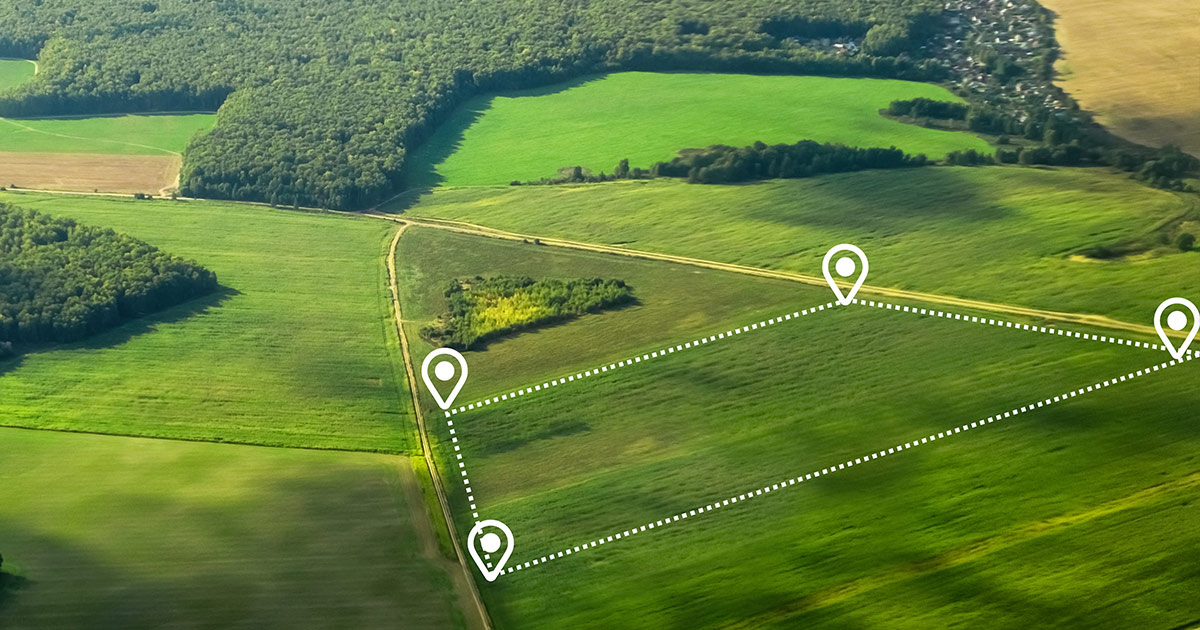Struggling to find content to share on your social media pages?
Our consumer lifestyle blog, Living Room, offers content including home improvement, market trends, DIY projects, neighbourhood guides and profiles on unique homes. Living Room publishes exciting new content four times a week (with unique French content for our Francophone fans).
While CREA Café is curated specifically to help your business grow and thrive, Living Room content is perfect to share with your clients.
Owned and operated by the Canadian Real Estate Association (CREA), REALTOR.ca is the No. 1 real estate platform in Canada (Comscore, 2020) with MLS® System listings from across the country.
Share this blog with your clients and follow REALTOR.ca on Twitter, Instagram and Pinterest.
You can read the original blog here.
How would you describe your dream home? You know, the one with every amenity and design feature you’ve been looking for? But finding that dream home already built and available on the market isn’t always possible. Whether it’s because of the location, size, price, or available features, it can be difficult to find this dream space without compromise.
Rather than struggling to find something that checks all the boxes, some choose to buy land and build their own home. The process is different from buying in the resale market and can get a little complicated, so it’s best to let a REALTOR® guide you through the process, but we’re going to break things down a bit for you here first.
Why buy land?
According to REALTOR® and salesperson Peter Vandendool in Hamilton, Ontario, having the freedom to customize your home from top to bottom is the most common reason why people opt to buy land.
“When you buy a home on the resale market, you’re buying someone else’s dream,” he said. “When you build your own home, you get exactly what you want.”
Another motive as to why some home buyers purchase land is to save money. While building a larger custom home on an urban lot is typically more expensive than buying an existing home, building smaller homes on rural lots has become a popular option.
Before you begin searching for the perfect piece of land, there are a few key things to consider.
Three things to consider before purchasing land
1. Zoning bylaws
Zoning bylaws are one of the most important things you’ll need to think about when looking at land. They vary by location and outline how land can be used. Zoning is especially important to consider when looking at rural properties.
“A lot of land in rural areas has been zoned as agricultural land,” said Vandendool. “If an individual or a builder wants to use that land for something else, they’ll have to make an appeal to get rezoned and that’s often a lengthy process.”
For more information on zoning and its associated costs, contact your local municipality or ask your REALTOR® for their expertise.
2. Location, location, location
Where you build is just as important as how you build. Don’t just consider the lot itself—think about what’s nearby, too.
- Are there nearby bodies of water that could present a flood risk?
- Who, or what else is next door? Are they residential, agricultural, or industrial?
- How far away are grocery stores, schools, fire stations and hospitals (the latter two also important for insurance purposes)?
- Are there any planned future developments nearby?
- Has the property been surveyed and are there any restricted or poor building areas (due to flooding risk, protected vegetation/wildlife, easements or otherwise)?
- How will you be accessing services like water, sewage, and power?
3. How patient are you?
Buying land and building a home can be a lengthy process, and it certainly isn’t for the faint of heart.
Timelines for building can be affected by a number of different factors, including weather conditions, the composition of the land (do you have a lot of clearing to do? Will you need to bring in soil or other land preparation?), your budget, building supplies, and labour.
As a general rule of thumb, Vandendool suggests anyone looking to build their own home should gather their patience and plan to wait a minimum of one year before their home is ready to be moved into.
How can you finance land?
The mortgage process for buying vacant land is a little different than what you may be familiar with. While pre-built homes are typically financed through conventional mortgages, there are several different options for financing land.
Land mortgages and construction mortgages work similarly to a regular mortgage, but typically they have higher interest rates and down payments because they require your lender to take on more risk.
A land mortgage finances the land itself, while a construction mortgage finances both the land and the construction of the home. Construction mortgages will have several draws of financing to cover each stage of building.
If you already own a home and are looking to build a second home or a vacation home, it may be worth considering tapping into the equity you already have. The most popular ways to do this are by refinancing your mortgage or a Home Equity Line of Credit (HELOC).
If you’re considering buying land, get in touch with a REALTOR® to help guide you through the process, and check out these resources available on REALTOR.ca:




